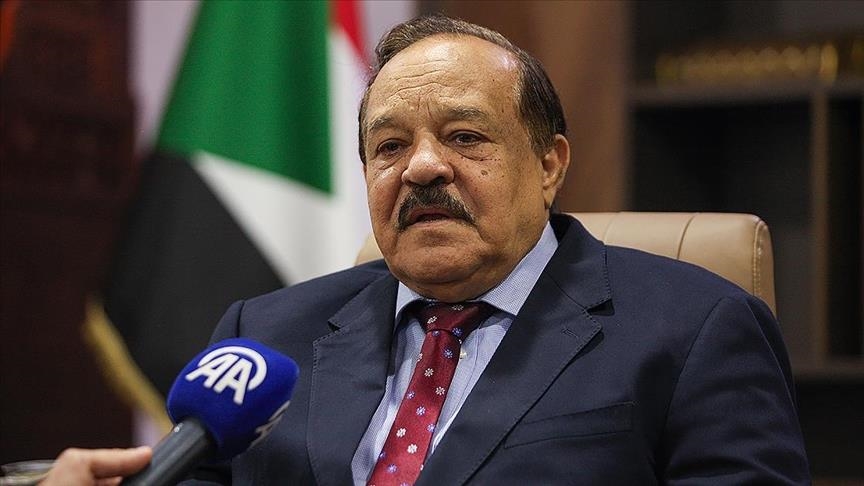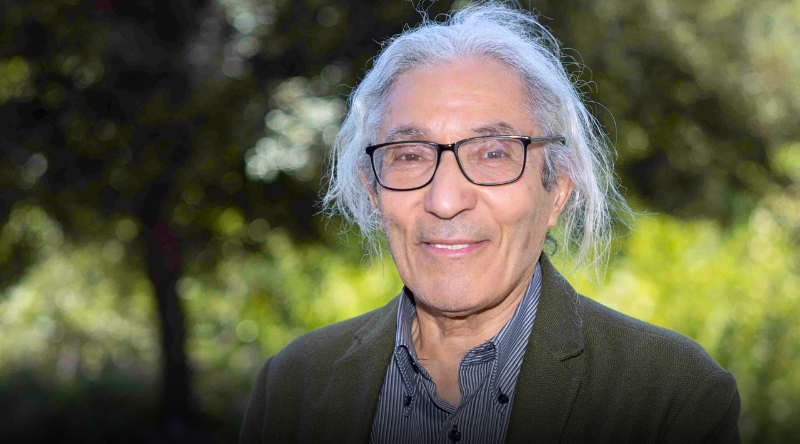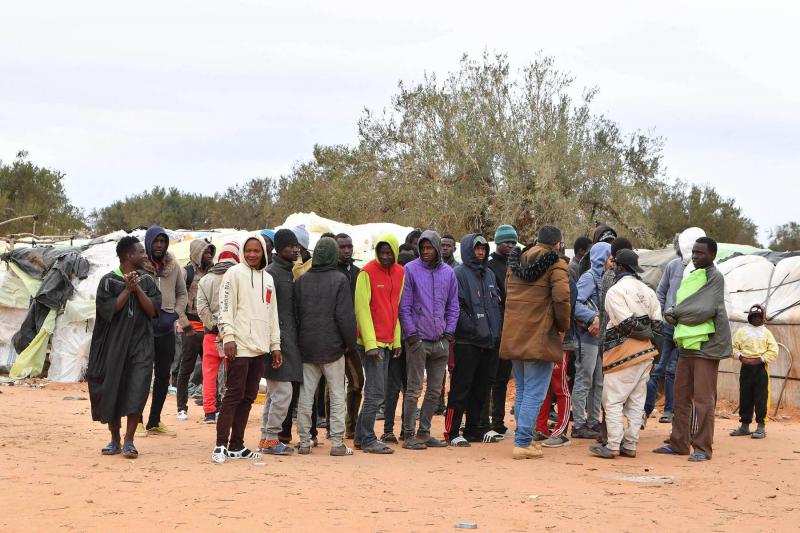In April 2025, London hosted an international conference aimed at addressing Sudan’s ongoing civil war, which has resulted in over 20,000 deaths and displaced millions. The summit, co-organized by the United Kingdom, European Union (EU), France, and Germany, focused on humanitarian aid and civilian protection. However, the exclusion of Sudan’s Foreign Minister, Ali Youssif, and the absence of key warring factions have raised questions about the conference’s legitimacy and the EU’s role in Sudanese peace efforts.
The conference aimed to mobilize international support for Sudan, pledging over $1 billion in aid to address the humanitarian crisis. Despite these commitments, the summit failed to produce a joint communique or establish a contact group for ceasefire negotiations, highlighting the deep divisions among international stakeholders . Sudan’s Foreign Minister, Ali Youssif, criticized the exclusion of his government from the talks, emphasizing that the absence of key parties undermines the potential for meaningful dialogue and peacebuilding.
Support or Substitution? The EU describes its involvement in the conference as a reflection of its commitment to humanitarian assistance and civilian protection in Sudan. EU officials have described the situation in Sudan as catastrophic, with millions in need of urgent aid . However, the EU’s participation has been met with skepticism, particularly regarding its stance on Sudanese sovereignty and its relationships with regional actors. The exclusion of Sudan’s government and the inclusion of countries with vested interests in the conflict, such as the United Arab Emirates (UAE), have led to accusations of bias and interference.
The decision to exclude Sudan’s Foreign Minister from the conference has been a point of contention. Minister Youssif has expressed concerns that the exclusion reflects a disregard for Sudan’s sovereignty and an undermining of its role in resolving the conflict. He has also criticized the participation of countries like the UAE, which has been accused of supporting the Rapid Support Forces (RSF), one of the warring factions.
The lack of inclusive dialogue in the London conference raises doubts about the effectiveness of western efforts to broker peace in Sudan. Without the involvement of all key stakeholders, including Sudan’s government and the warring factions, any agreements reached may lack legitimacy and fail to address the root causes of the conflict. The international community must reconsider its approach, ensuring that all parties are included in peace negotiations to achieve a sustainable resolution.
The London conference on Sudan has highlighted significant challenges in international peace efforts. The exclusion of Sudan’s government and the inclusion of countries with conflicting interests have raised questions about the commitment to a fair and inclusive peace process. For peace to be achieved, it is imperative that all stakeholders, including Sudanese representatives, are engaged in meaningful dialogue. Only through inclusive and transparent negotiations can a lasting and just resolution to Sudan’s crisis be realized.




